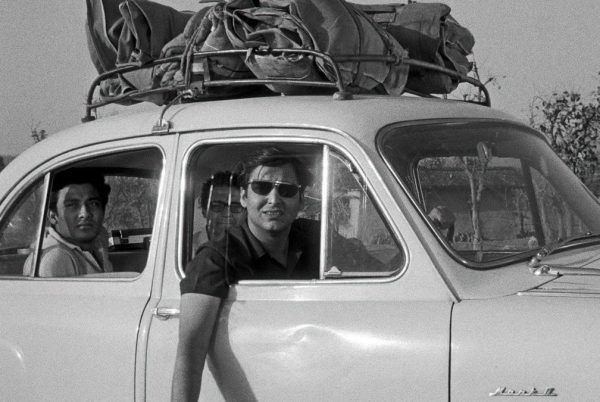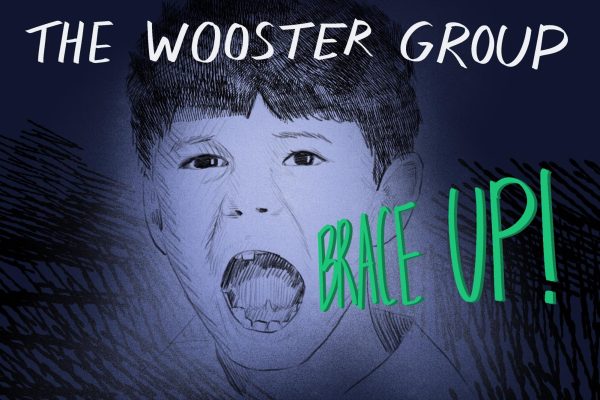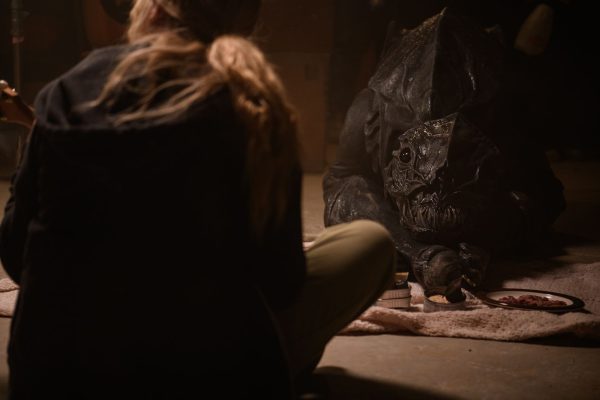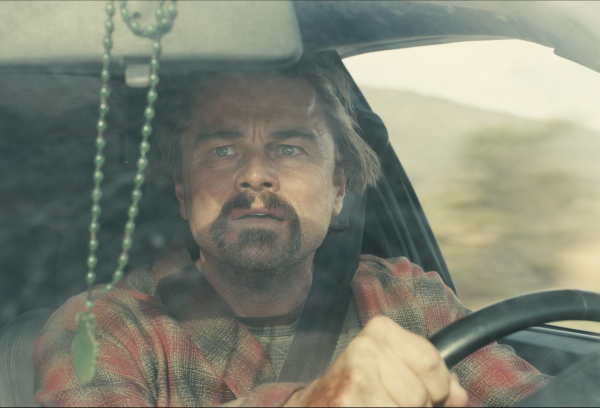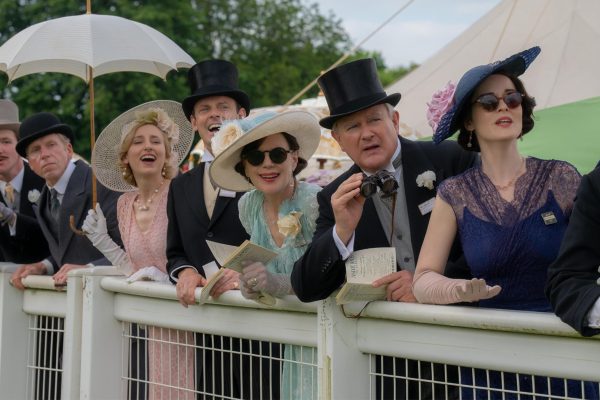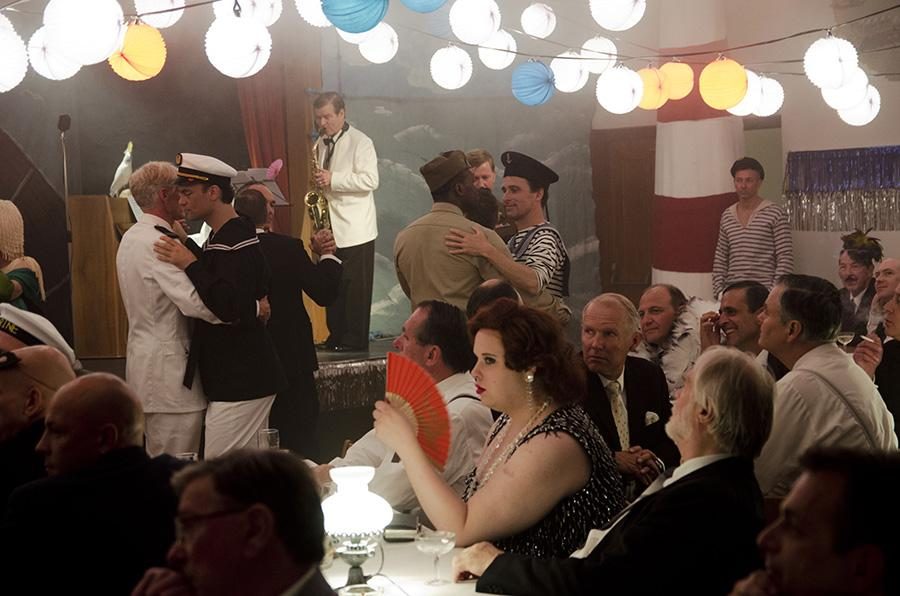Oscar entry gives powerful love story
Related Stories
“The Circle,” Switzerland’s submission for Best Foreign Language Film at this year’s Academy Awards, sheds light on a little-known yet monumental moment in the history of European gay rights. Though the events in the film are powerful, director Stefan Haupt’s choice to use the docudrama format bars the audience from achieving the deepest possible emotional connection with the film’s content.
“The Circle” tells the true story of the events surrounding the influential organization and gay magazine of the same name, founded in Zurich in 1942. Set in the mid-1950s, the film focuses on school teacher Ernst Ostertag (Matthias Hungerbühler), who joins The Circle and falls in love with Röbi Rapp (Sven Schelker), a young, crossdressing cabaret singer.
The only gay magazine to remain in circulation in Europe during World War II, The Circle was powerful within the gay community. The magazine spurred a subculture, involving secret meetings and parties where Ostertag and Rapp met and fell in love. But when a number of murders occurred within the gay community, including one of the members of The Circle, unwanted attention was drawn from the media and the authorities. The magazine was put in danger and members of the gay community were forced to live in fear and repression. Amid the oppression, Ostertag and Rapp struggled to balance their new relationship with the fight for gay rights.
Haupt attempts to blend the traditional film format with that of a documentary. Re-enacted scenes intersect with real-life footage of Ostertag and Rapp reflecting on the events depicted in the film. While the result is messy, it is difficult to blame Haupt for trying. The real-life Ostertag and Rapp, now both in their 80s and the first same-sex couple to be married in Switzerland, are extraordinarily charming. Their scenes rarely add much insight, however, and they disrupt the flow of the film.
The acting in “The Circle” is incredibly strong, particularly from the two leads. Hungerbühler’s performance as Ostertag, who is shy and lives much of his life in secrecy, is both subtle and enthralling. In a role that could have easily resulted in overacting, Schelker manages to avoid falling into this trap while still engaging the audience as the flamboyant, vulnerable Rapp.
The actors, in conjunction with a strong script, are more than capable of carrying the film as a period piece alone. The film would have been more emotionally engaging without the archival footage, because just as viewers find themselves captivated by the unfolding drama, the documentary format kills the momentum. The result is jarring and inhibits the viewer’s ability to become emotionally invested.
As much as the docudrama format misses the mark, the story behind “The Circle” is powerful and inspiring. The cuts to the real-life Ostertag and Rapp add very little, but the couple’s charisma prevents these scenes from being totally worthless. All of these elements make “The Circle” a well-crafted and deeply moving film that will surely be a strong contender for an Oscar nomination.
A version of this article appeared in the Tuesday, Nov. 18th print edition. Email Jena at [email protected].
























































































































































